With sales of an estimated 14,000+ units in July and 6,000+ in May and June for the Tesla Model 3, the much talked about EV has now moved into the top sales ranks of all cars in the US, and not just EVs.
This sales volume of the Model 3 in comparison to all other electric vehicles available in the US leads me to ask: What model will be the next high-volume selling electric vehicle?
Assuming Tesla continues to deliver in the neighborhood of 10,000 Model 3s per month in the US, there is not a currently available electric vehicle that will likely sell anywhere near the level of the Model 3.
While this is in theory good for Tesla, it isn’t great news for the speed of the transition to electric vehicles in the US. As my recent analysis showed, US EV sales growth each year is driven by the introduction (or lack) of a few new EV models.
To have a chance of achieving mass adoption of EVs in the US, we need more than Tesla to start selling high volumes of EVs. We need several affordable, non luxury/performance brand electric models of SUVs, CUVs and even pickups. Unfortunately there are very few current or future EV models that fit this description and that are likely to achieve a high volume of sales consistently.
I’ve identified roughly 60 PHEVs and BEVs that are expected to be launched between now and 2023. Most of these models, however, will not sell in high volumes as many are from luxury, performance or niche-brands. And other models, such as those from Kia, Hyundai and Subaru have to date at least, not shown a propensity to sell high-volumes of electrified models.
Following are five future EVs that likely have the best shot at reaching 5,000 units sold per month. Of the five, I would only bet money on two of them selling 60,000 units per yearL the Tesla Model Y and Ford Escape PHEV.
Tesla Model Y: Once launched, the Model Y will likely to be the highest selling EV of all time and for many years. By the time the CUV launches, the market for EVs will be significantly bigger in the US and the Model Y could potentially sell 20,000 or more units per month in the US. Indeed, the Model Y has the potential to break into the top 10 sales rank of all vehicles sold in the US around 2023.
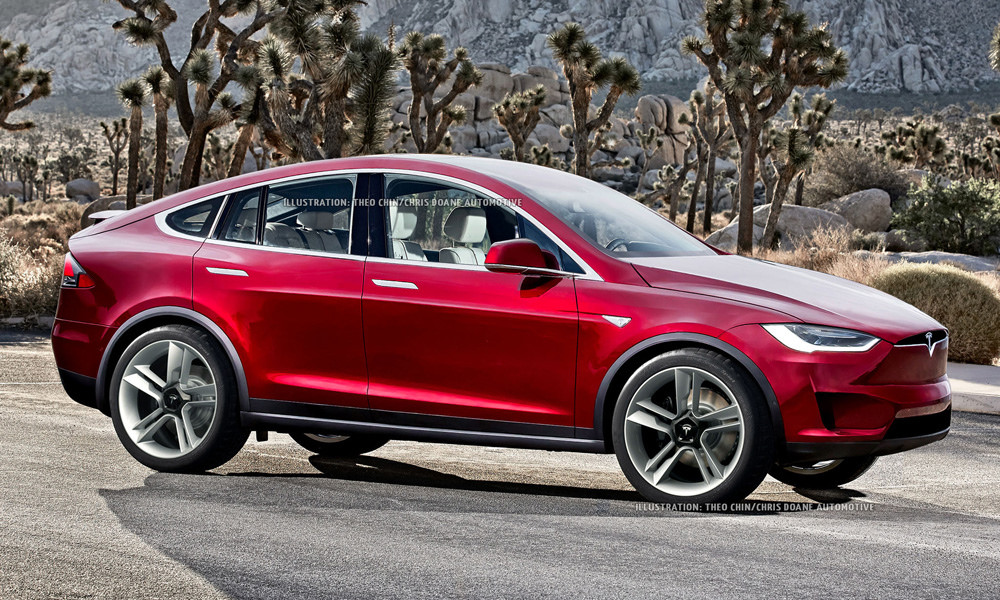
Ford Escape PHEV: Rumors are that Ford will launch a PHEV version of its popular small SUV in 2019 with around 30 miles of range. If priced around $30,000 this model could sell incredibly well. In 2017, the regular Escape sold an incredible 308,000 units. A competitively priced PHEV version should be able to capture 20% of the models sales (By comparison, the Ford Fusion Energi PHEV is about 5% of Fusion sales).
The key factors might be whether Ford produces enough of them and Ford dealers are motivated to aggressively sell them. If those two things happen, the Escape PHEV probably has a better chance than any EV (other than the Tesla Model Y) to be a high-volume selling vehicle.
Nissan iMX: The iMX CUV is expected to arrive in the US in 2020 or 2021 and be built on the second-generation LEAF platform. Rumors suggest about 225 miles of range and an MSRP of perhaps around $38,000 (my estimate). The limiting factor, however, could be the iMX’s range/price combination.
While it will be similar to the short-range Model 3, the Nissan model will lack the brand attractiveness that the Tesla Model 3 and Y have/will have. If Nissan can position the iMX as the “new Prius,” then it has chance of surpassing the 5,000 month level. However, I think the probability of this occurring is less than 50%.
Volvo XC40 BEV SUV: The Geely-owned Volvo is producing some gorgeous-looking models these days. A fully electric XC40 SUV priced around or under $50,000 could sell extremely well and in essence replace the Lexus RX/NX models as the go to mid-sized luxury SUV/CUVs.
It could be a leap for the Swedish brand, however, to sell more than 5,000 of these models a month. But with management going all in on electrification, it is in the realm of possibilities that dealers would aggressively push this upcoming model.
Ford Mach-1 CUV: We know very little about Ford’s planned CUV expected around 2020, but if it achieves its promise of around 300 miles of range at a starting price of around $40,000, it should be a very strong seller. The target buyer of the Mach-1 could be buyers of models like Ford’s Edge SUV/CUV, which sold nearly 143,000 units in 2017.
To sell 60,000 in a year, the Mach-1 would likely have to draw buyers from not just the Edge, but the Explorer and Escape. If the Mach-1 is priced within about $5,000 of similar Ford models then it has a solid chance of being a big seller. If, however, it is priced at an $8,000-$10,000 premium, sales will likely be modest.
So what do you think? Which models do you agree or disagree with my assessment, and which future planned EVs do you think I may have missed that could reach the 5,000 or more level of sales each month?

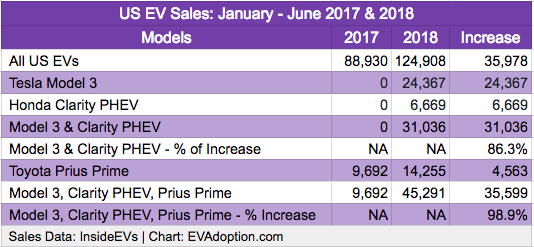
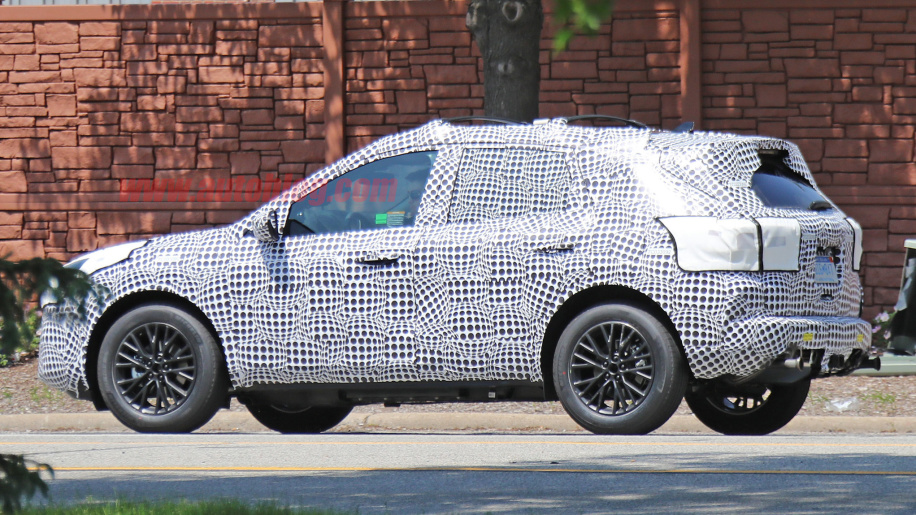
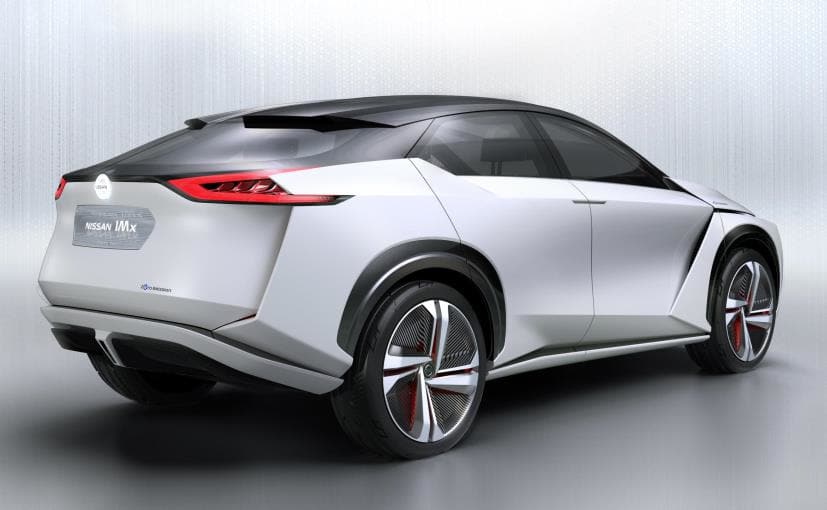
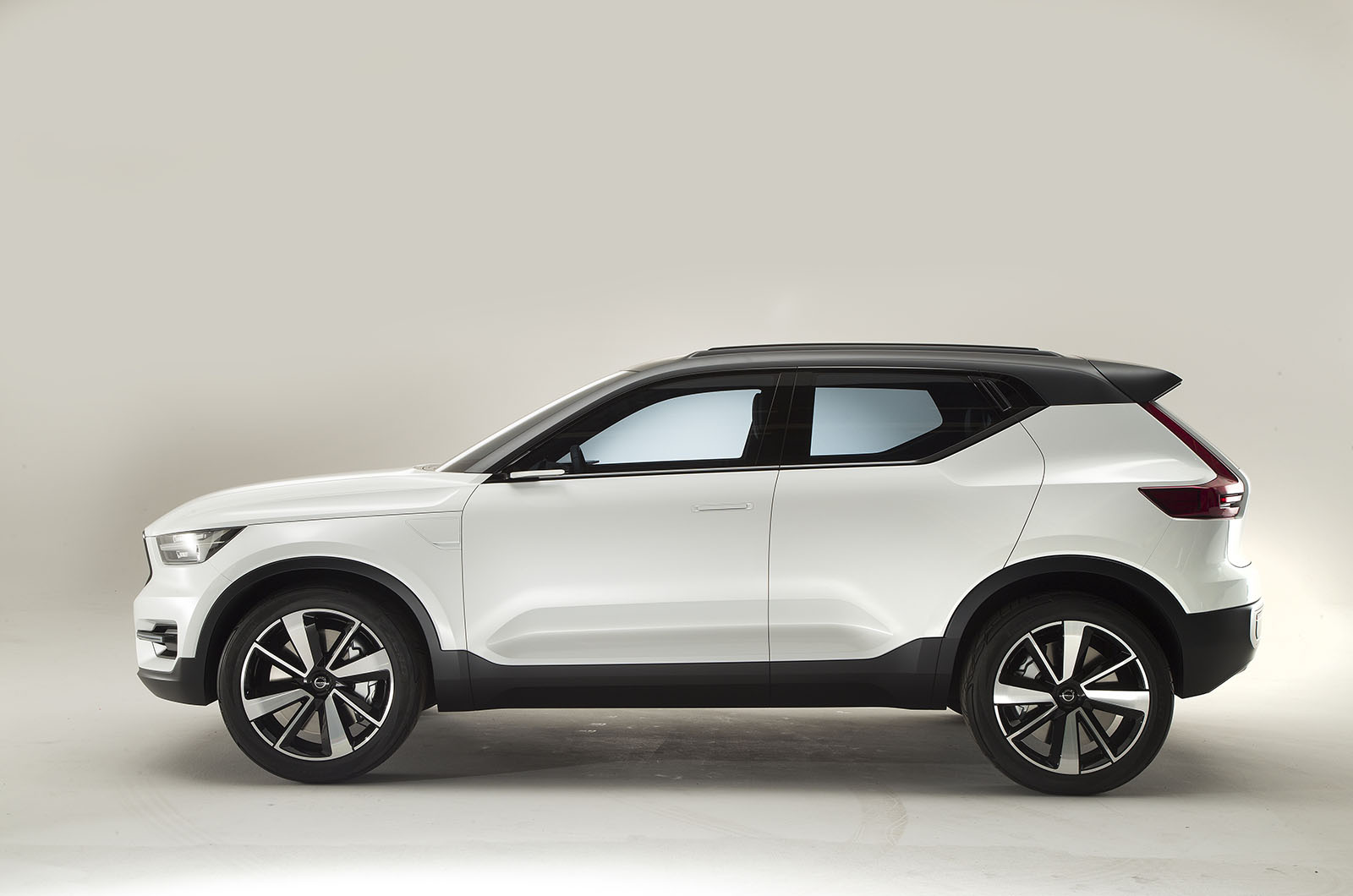
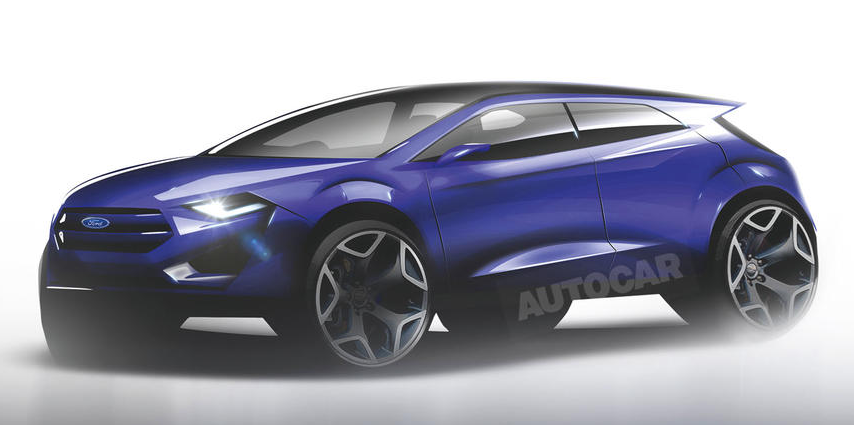

4 Responses
I like your assessments. They seem sound. Your theory about the number of models offered seems central.
I am electric energy & power executive and consultant working on clean energy 40 years. My job is visioning, and demonstrating integrated optimized energy futures.
Have a TM3 long range (duel motor), since early Nov. 2018 and really love it, as does my wife and everyone who sees it, rides in it, or drives it. Trying to get states like MI to pay attention to EV space.
In Oakland and bay area, where I live, TME is almost common already. Fantastic to see. We have BEHAGs (big huge audacious goals) in CA to meet; 100% clean energy, GHG reduction, 2X energy efficiency, smart grid… Walking the walk, and look ahead of timing to meet goals, way ahead. I like UK’s zero net carbon aspiration. (Have 32 year old and 20 year old passive solar houses, and going to solar PV+battery+CA Title 21 smart inverter (resiliency) on one (where we will likely retire). Personal; aim is ZNE (zero net energy) and 12,000 miles of free charging (5.4 kW solar, 13.5 kWh battery); will do this before year end (about $20k), so will have a very minimal energy footprint. Clean energy rocks as do EVs!!! EV’s are critical to meet BEHAGs. Please keep on keeping on with your work, it is very important. And thanks for the clarity, putting your views out there. Great job.
Eric, thanks for your comment and personal commitment on the green front. I live in the East Bay as well and yes there are Model 3s everywhere now. I have solar + Tesla as well.
I live in South Carolina and have been waiting impatiently for realistic phev suv options to become available here. Was very excited to hear that Ford is going to offer the Escape phev in “spring 2020”. I owned a 2010 Escape hybrid till 2017 and loved it.
So far haven’t been able to get any info from local Ford dealer on when I can order the 2020 phev. My three year lease on a Rogue ends in February 2020, so timing may be close.
Ya, Ford website still says this: Available Fall 2019. 2020 Ford Escape Hybrid available Fall 2019. 2020 Ford Escape Plug-in Hybrid available Spring 2020.
It was originally supposed to be available the Fall of 2019, so who knows if it will be delayed again. But key will be range and price.